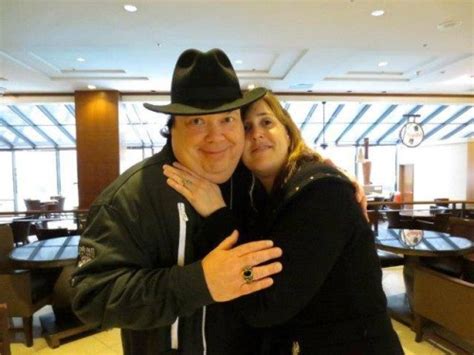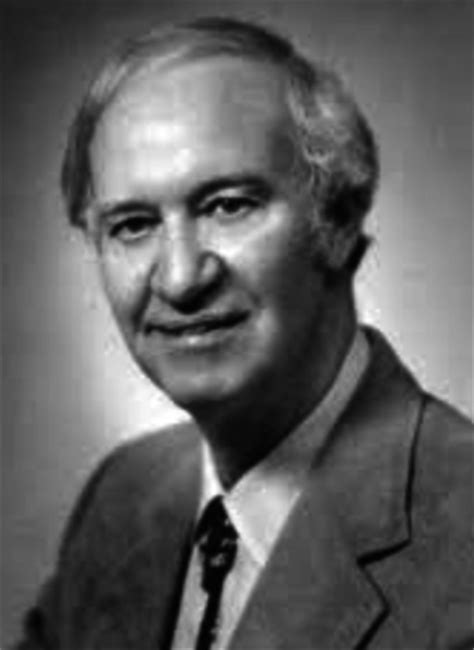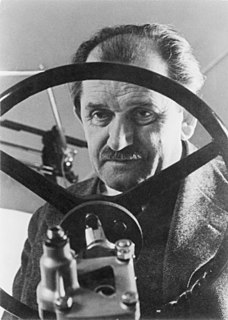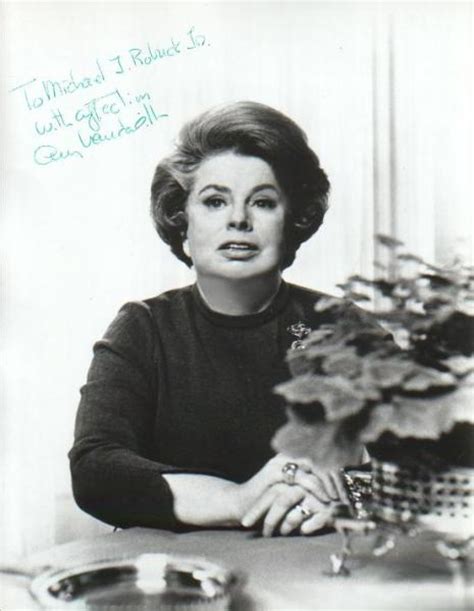A Quote by Robert D. Hales
We learn to endure to the end by learning to finish our current responsibilities, and we simply continue doing it all of our lives. We cannot expect to learn endurance in our later years if we have developed the habit of quitting when things get difficult now.
Related Quotes
The sad part is that all we're trying to do is not feel that underlying uneasiness. The sadder part is that we proceed in such a way that the uneasiness only gets worse. The message here is that the only way to ease our pain is to experience it fully. Learn to stay. Learn to stay with uneasiness, learn to stay with the tightening, learn to stay with the itch and urge of shenpa, so that the habitual chain reaction doesn't continue to rule our lives, and the patterns that we consider unhelpful don't keep getting stronger as the days and months and years go by.
We don't want to give the controls to someone else; we want those reins ourselves. We want to get our way. And we get upset when things don't work out. . . . When we try to control someone else or events beyond the scope of our power, we lose. When we learn to discern the difference between what we can change and what we can't, we usually have an easier time expressing our power in our lives. Because we're not wasting all our energy using our power to change things we can't, we have a lot of energy left over to live our lives.
One of the most difficult problems of our age is that leaders, and perhaps academics as well, cannot readily admit that things are out of control and that we do not know what to do. We have too much information, limited cognitive abilities to think in systemic terms and an unwillingness to appear to be in control and to have solutions for our problems. We are afraid that if we admit to our confusion, we will make our followers and students anxious and disillusioned. We know we must learn how to learn, but we are afraid to admit it.
We will learn no matter what! Learning is as natural as rest or play. With or without books, inspiring trainers or classrooms, we will manage to learn. Educators can, however, make a difference in what people learn and how well they learn it. If we know why we are learning and if the reason fits our needs as we perceive them, we will learn quickly and deeply.
Life itself is a race, marked by a start, and a finish. It is what we learn during the race, and how we apply it, that determines whether our participation has had particular value. If we learn from each success, and each failure, and improve ourselves through this process, then at the end, we have fulfilled our potential and performed well.
We create our own reality because of our inner emotional - our subconscious - reality draws us into those situations from which we learn. We experience it as strange things happening to us (and) we meet the people in our lives that we need to learn from. And so we create these circumstances at a very deep metaphysical and subconscious level.
I believe that our society's "mistake-phobia" is crippling, a problem that begins in most elementary schools, where we learn to learn what we are taught rather than to form our own goals and to figure out how to achieve them. We are fed with facts and tested and those who make the fewest mistakes are considered to be the smart ones, so we learn that it is embarrassing to not know and to make mistakes. Our education system spends virtually no time on how to learn from mistakes, yet this is critical to real learning.
Tests and trials are given to all of us. These mortal challenges allow us and our Heavenly Father to see whether we will exercise our agency to follow His Son. He already knows, and we have the opportunity to learn, that no matter how difficult our circumstances, all these things shall be for our experience, and our good.
































